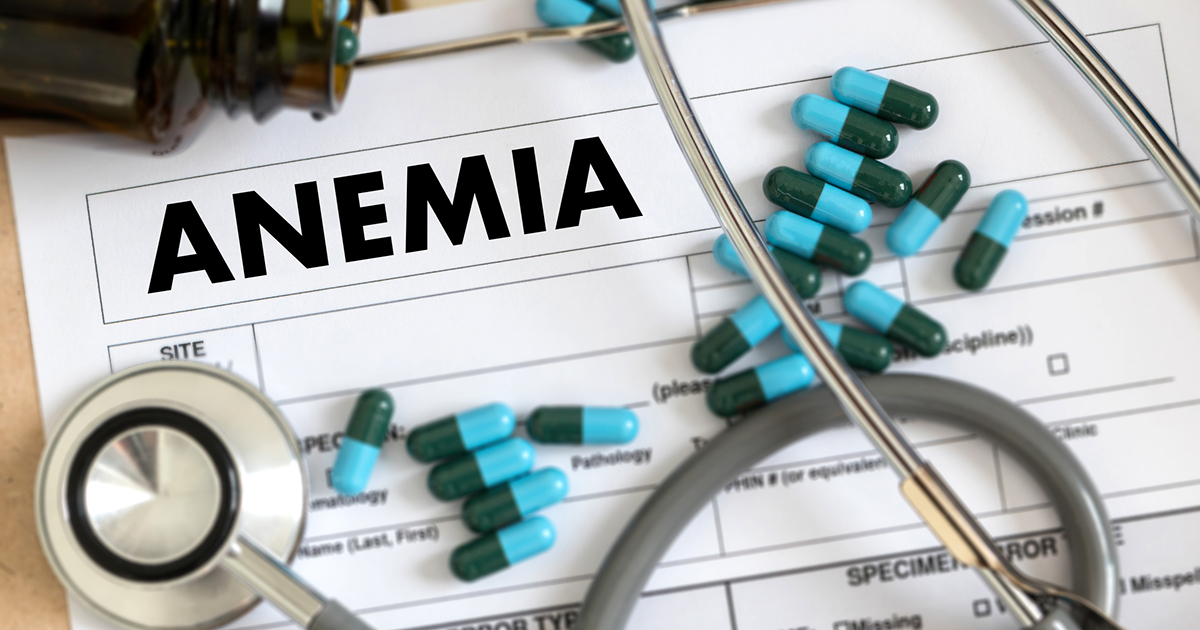Symptoms Of A Tubular Adenoma
A tubular adenoma, most often characterized as a disruption in the colon lining called a polyp or a clump of cells, is fortunately benign, however, there is a risk of cancer development if the tubular adenoma is not extracted. Polyps are formed from a process similar to the tumor growth process where a mutation in one cell multiplies until there is a clump of cells with the mutation. When it grows aggressively and spreads to the rest of the body it is considered cancerous, and when it grows slowly and does not spread it is called benign. While a tubular adenoma is not particularly harmful, they should all be removed to prevent the development of cancer. Get to know the signs of a tubular adenoma now.
Frequent Constipation Or Diarrhea

Any change in bowel habits should be noted and checked out by a physician, however, if the changes include constipation or diarrhea that lasts over a week, this is the body's hint something is wrong. A polyp in the bowels may make it difficult for the movement of stool to regulate properly. When it slows down the process of stool movement through the colon from obstruction and or surface tension, the result will be constipation. At the other end of the spectrum, tubular adenomas can cause diarrhea due to severely inflamed over active intestines that move stool through the bowel too quickly. This does not give the body a good enough chance to absorb the adequate amount of water from the stool, resulting in diarrhea. Chronic and frequent constipation or diarrhea can cause a life-threatening bowel obstruction and or severe dehydration, which is why any change like this in bowel habits that lasts longer than a week should be checked out by a physician for tubular adenomas.
Anemia

Anemia happens when there is not enough hemoglobin or healthy red blood cells in the blood. Hemoglobin is what makes red blood cells the oxygen carriers of the blood. When there is a shortage of hemoglobin, or red blood cells in general, oxygen is not sufficiently delivered to the other cells in the body. When there is significant bleeding internally or externally such as in the bowels, the body loses too much hemoglobin and becomes anemic. Because a polyp in the bowel is a projection of the mucous membranes and an abnormality, the constant friction of stool movement can cause the polyp area to become extremely inflamed. Areas of severe inflammation in the colon undergo more friction, which can make them bleed on every passing of stool. Sometimes the bleeding can go undetected by the patient, or the patient is unaware of just how much bleeding is going on in the colon from the irritated polyp. This is what would lead to hemoglobin deficiency induced anemia, or hemoglobin deficiency caused by significant bleeding.
